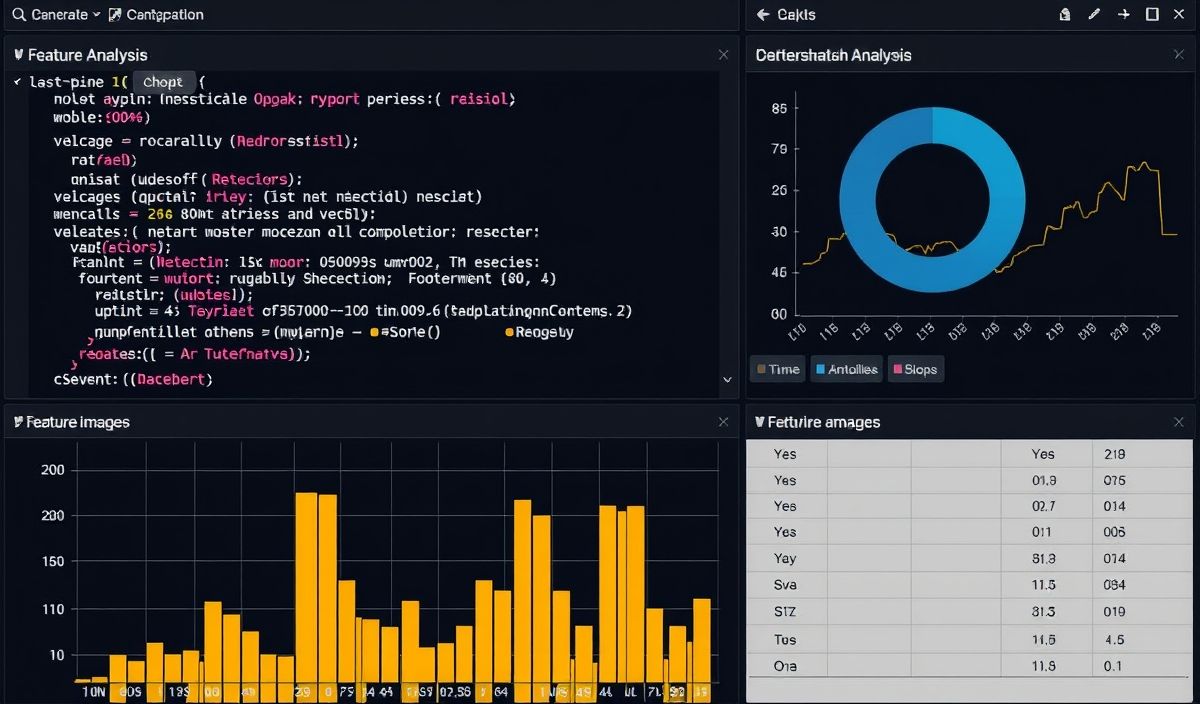Introduction to `lazy-cache`
`lazy-cache` is a powerful Node.js module designed to defer the execution of heavy computations or IO-bound tasks until they are needed. By lazily loading these operations, you can significantly improve the startup performance of your applications. The library provides numerous APIs to efficiently manage lazy-loading.
Useful API Examples
Basic Usage
Here is a simple example demonstrating the basic usage of `lazy-cache`:
const lazy = require('lazy-cache')(require);
lazy('fs');
// Using the deferred fs module
lazy.fs.readFile('example.txt', 'utf8', (err, data) => {
if (err) throw err;
console.log(data);
});
Using Custom Names
You can also assign a custom name to the lazily required module:
const lazy = require('lazy-cache')(require);
lazy('chalk', 'colorize');
// Using the deferred chalk module with custom name
console.log(lazy.colorize.green('Hello, world!'));
Lazy Loading a List of Modules
For loading multiple modules at once, you can use:
const lazy = require('lazy-cache')(require);
lazy('express');
lazy('mongoose');
lazy('body-parser');
// Using the deferred modules
const app = lazy.express();
const mongoose = lazy.mongoose;
const bodyParser = lazy['body-parser'];
// Sample application setup
app.use(bodyParser.json());
mongoose.connect('mongodb://localhost/test', {useNewUrlParser: true, useUnifiedTopology: true});
Lazy Initialization
For expensive operations like database connections, you might want to defer initialization until the moment of use:
const lazy = require('lazy-cache')(require);
lazy('pg', 'pgClient');
async function queryDatabase() {
const client = new lazy.pgClient.Client({
connectionString: 'postgresql://username:password@localhost:5432/mydb'
});
await client.connect();
const res = await client.query('SELECT NOW()');
await client.end();
console.log(res.rows[0]);
}
queryDatabase();
Complete Application Example
Let’s put together a complete app that uses several `lazy-cache` APIs:
const lazy = require('lazy-cache')(require);
lazy('express');
lazy('mongoose');
lazy('body-parser');
lazy('chalk', 'colorize');
const app = lazy.express();
const mongoose = lazy.mongoose;
// Middleware
app.use(lazy['body-parser'].json());
// Database setup
mongoose.connect('mongodb://localhost/myapp', { useNewUrlParser: true, useUnifiedTopology: true })
.then(() => {
console.log(lazy.colorize.green('Database connected successfully'));
})
.catch(err => {
console.error(lazy.colorize.red('Database connection error:'), err);
});
// Sample route
app.get('/', (req, res) => {
res.send('Hello World!');
});
// Start server
app.listen(3000, () => {
console.log(lazy.colorize.blue('Server is running on port 3000'));
});
In this example, we’ve set up a basic Express server, connected to a MongoDB database, and used `chalk` to colorize our console logs.
By using `lazy-cache`, we ensure that modules are only loaded when needed, thus optimizing the performance and startup time of our application.
Hash: 9d610430d0d170cef3c031f3f6e739450ae236c32f12dbcfadfbeb64ff2674f1




